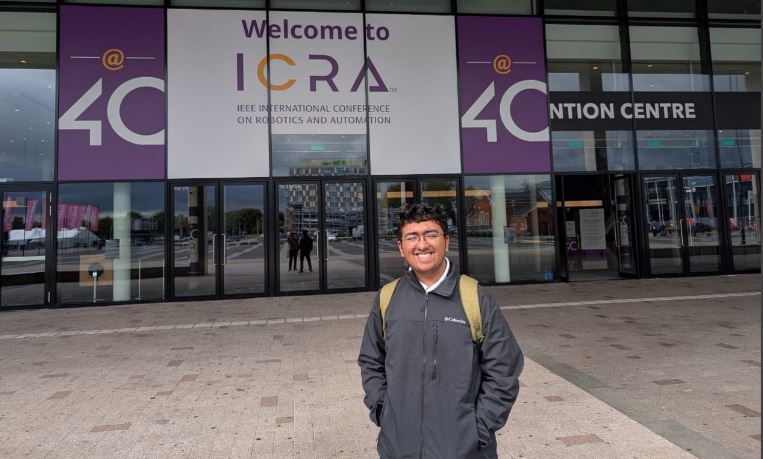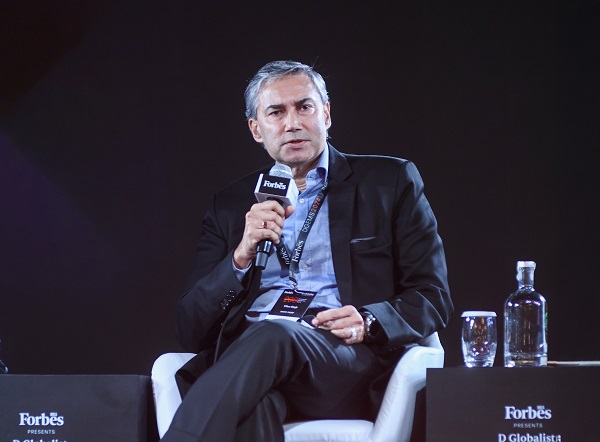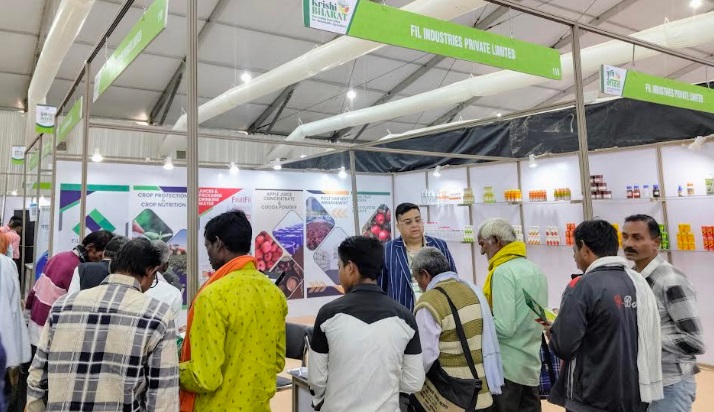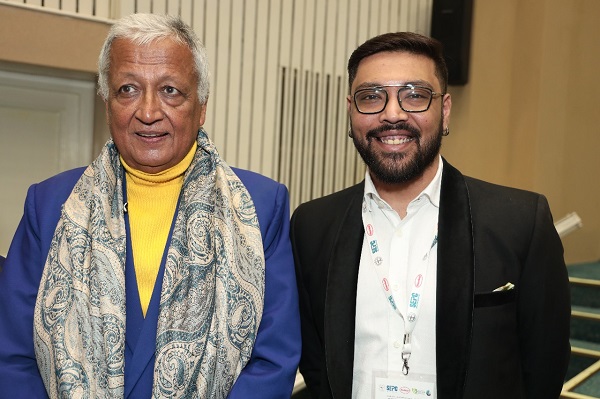Indian student Achinthya Sivalingam was detained and expelled from Princeton University in the United States while a disciplinary hearing concerning her participation in a student-led pro-Palestine camping demonstration on campus was in progress.
In Short
- Indian-origin student Achinthya Sivalingam arrested and banned from Princeton University
- Arrests made during a campus encampment protest led by students
- protested the Gaza War between Israel and Hamas.
Indian student Achinthya Sivalingam was detained and expelled from Princeton University in the United States while a disciplinary hearing concerning her participation in an unapproved, student-led pro-Palestine camping demonstration on campus was taking place. This development occurs concurrently with continuous protests at eminent US universities against the Israel-Hamas war in Gaza.
According to a document provided by the protest organizers and published by the Princeton Alumni Weekly, Sivalingam, who was born in Coimbatore, Tamil Nadu, and raised in Columbus, Ohio, was arrested on Thursday along with another student named Hassan Sayed.
The demonstrators packed away their tents and carried on with their sit-in protest after the two students were taken into custody in a matter of minutes.
The number of individuals attending the sit-in protest grew from approximately 110 at first to about 300 by Thursday afternoon.
A representative for Princeton University, Jennifer Morrill, confirmed the events of Thursday, stating that the two graduate students were taken into custody “after repeated warnings from the Department of Public Safety to cease activity and leave the area.”
She added that they “have been immediately barred from campus, pending a disciplinary process,” and that the protestors had “voluntarily taken down” the remaining tents in the encampment area.
The Princeton Alumni Weekly reported that “Public Safety officers used no force when conducting the arrests, which occurred without resistance,” according to the spokesperson.
“Long live the solidarity, brilliance, and fearlessness of these brave Princeton students who put their bodies, privileges, and safety on the line when Palestinians are being subjected to unimaginable violence,” declared Max Weiss, an associate professor of history at Princeton University, at the protest site.
The Princeton Students for Justice in Palestine (SJP), the Princeton Palestine Liberation Coalition, and Princeton Israeli Apartheid Divest (PIAD) are among the university organizations that organized a series of protests at Princeton University that included Thursday’s event.
Rochelle Calhoun, Princeton University’s Vice President for Campus Life, stated in an email to students this week about the pro-Palestine demonstrations on campus that protests that entail “occupying or blocking access to buildings [or] establishing outdoor encampments and sleeping in any campus outdoor space” are not permitted.
“Anyone engaged in unlawful disruptive behavior, such as an occupation or campsite, who disregards warnings will be arrested and banned from campus right away. Such exclusion from school would jeopardize students’ ability to finish the semester, the email added.
Read More : Prince William returns to public duties: It hints at Kate Middleton’s good health.
“Members of our community would also be subject to a disciplinary procedure, which for students could result in expulsion, suspension, or a delay in receiving a diploma.”
With over 100 people arrested at Columbia University in New York this week, protests have been more intense at prestigious US campuses, such as Harvard and Yale.
According to a count by the news organization Reuters, there have been about 550 arrests in the previous week.
At least 61 demonstrators were taken into custody on Thursday alone, with 28 of them at Emory University in Atlanta, Georgia, and 33 at Indiana University.
Students at Columbia University, the center of the pro-Palestinian demonstrations, have, in the meantime, vowed to keep up the agitation until the esteemed university consents to sever its connections with Israeli academic institutions and withdraw its funding from organizations associated with the Jewish people.

















Reader Interactions